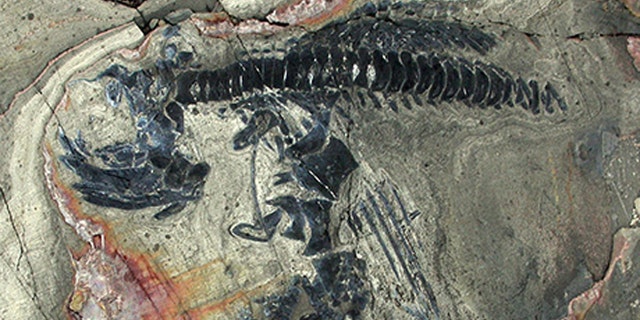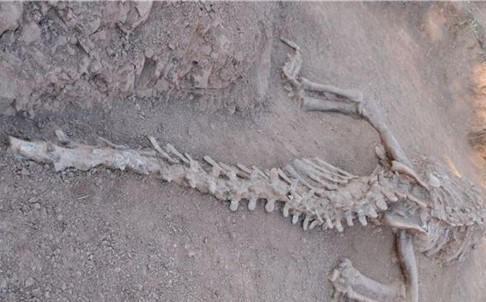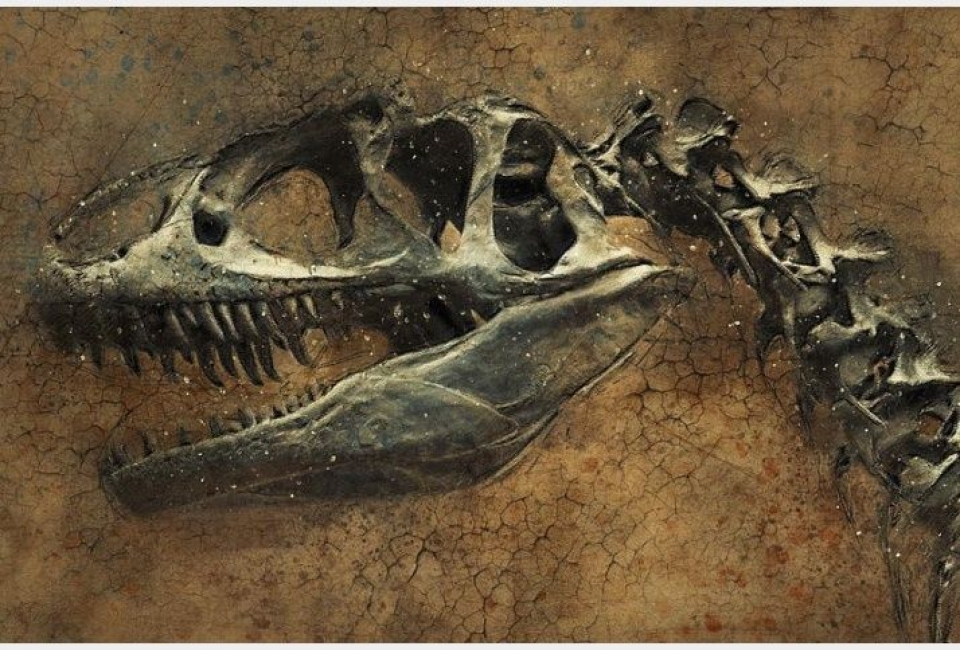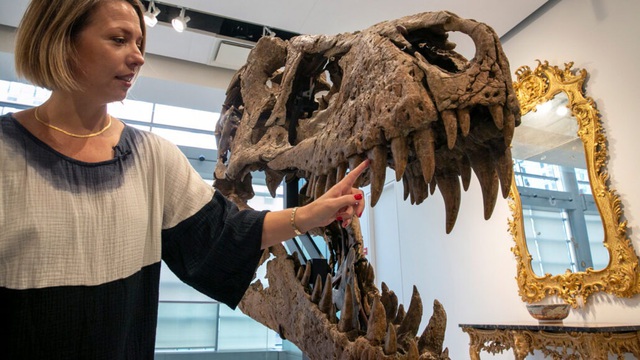
Forty-six skeletons of ichthyosaurs were excavated over three months. ((W. Stinnesbeck/University of Heidelberg))
Scientists working in the Patagonia region of southern Chile have unearthed what is being called one of the largest dinosaur graveyards to be found to date.

Located in the country’s Torres del Paine National Park, the graveyard contains nearly 50 entire ichthyosaur fossils. The prehistoric creature has been described as a fast-swimming “fish-lizard” similar to a dolphin that lived during the Mesozoic Era, about 245 million to 90 million years ago.
“This great ichthyosaur cemetery, the way the remains are deposited, is unique,” said Christian Salazar, paleontologist researcher and natural history museum curator, according to the Canadian Broadcasting Corporation.

The fossil remains, containing both skeletons from embryos and adults and likely killed in a series of catastrophic mudslides, were preserved in deep-sea sediments that were later exposed by the melting glacier. Amazingly, not only the bones have been preserved but also some soft tissue on a number of the fossils.
The largest skeleton found measures up to 16-feet long.
The remains of the ichthyosaurs were discovered after three months of intensive extraction in the area. According to Salazar, more fossils are likely to be found because the ichthyosaurs are believed to have hunted together in large packs.

To reach the area of the excavation, the scientists had to drive for five hours, hike for 10 to 12 hours to their campsite and then hike another two hours to the excavation site, sometimes in heavy rain, hail or snow that is characteristic of Patagonia’s fickle climate.
“This has been one of the toughest field camps I ever had,” Wolfgang Stinnesbeck, a paleontologist at the University of Heidelberg in Germany and the leader of the study, told Discovery News.

Ichthyosaurs are believed to have died off before their land-dwelling brethren due in part to global depletion of oxygen in the oceans, possibly a consequence of volcanism. The mudslides that killed the Chilean creatures most likely disoriented and drowned them.